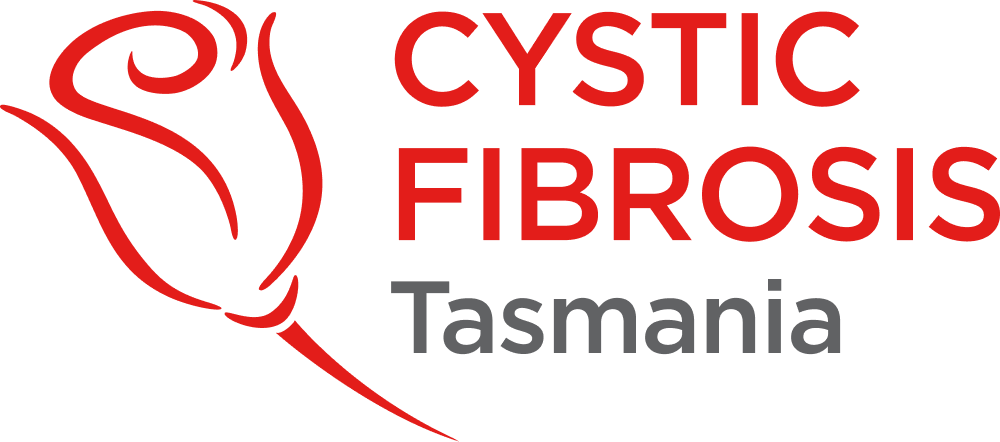Life with CF
A day in the life of someone with CF
Every individual with CF will have a different experience. These experiences will vary according to a range of factors. While there is no cure for CF at the moment, research efforts have improved treatments and enhanced the quality of life for many people. A number of new CF drugs don’t just treat the condition’s symptoms but the underlying causes of CF. These have made a considerable difference to many Australians with the disease.
The treatments for someone with CF will vary from person to person, dependent upon their symptoms. However, management and treatment are lifelong, ongoing and relentless. It’s all about routine.
A person with CF can consume between 60 and 80 tablets daily to help to digest their food, replace lost salt and vitamins and may also need to take antibiotics for infections. Their treatment will also involve daily physiotherapy to clear the lungs. Nebulisers are used to keep the airways clear of thick sticky mucus. Exercise is also an important tool to build up strength and keep airways clear.
Medical Care
A person with CF will likely need regular “tune-ups” in a hospital that involve strong IV antibiotics and intense physiotherapy. With advances in medical care, sometimes these treatments can occur at home through “hospital in the home” programs. Otherwise, hospital stays can be up to two weeks at a time, several times a year.
Tasmania has adult and children services available at the three major public hospitals around the State – the Royal Hobart Hospital, North West Regional Hospital and Launceston General Hospital. CF patients will attend clinic appointments regularly with a CF team of health professionals. These may include:
- CF Physician;
- Nurse
- Ear, nose and throat specialist
- Physiotherapist
- Dietitian
- Gastroenterologist
- Endocrinologist
- Social Worker
- Psychologist



